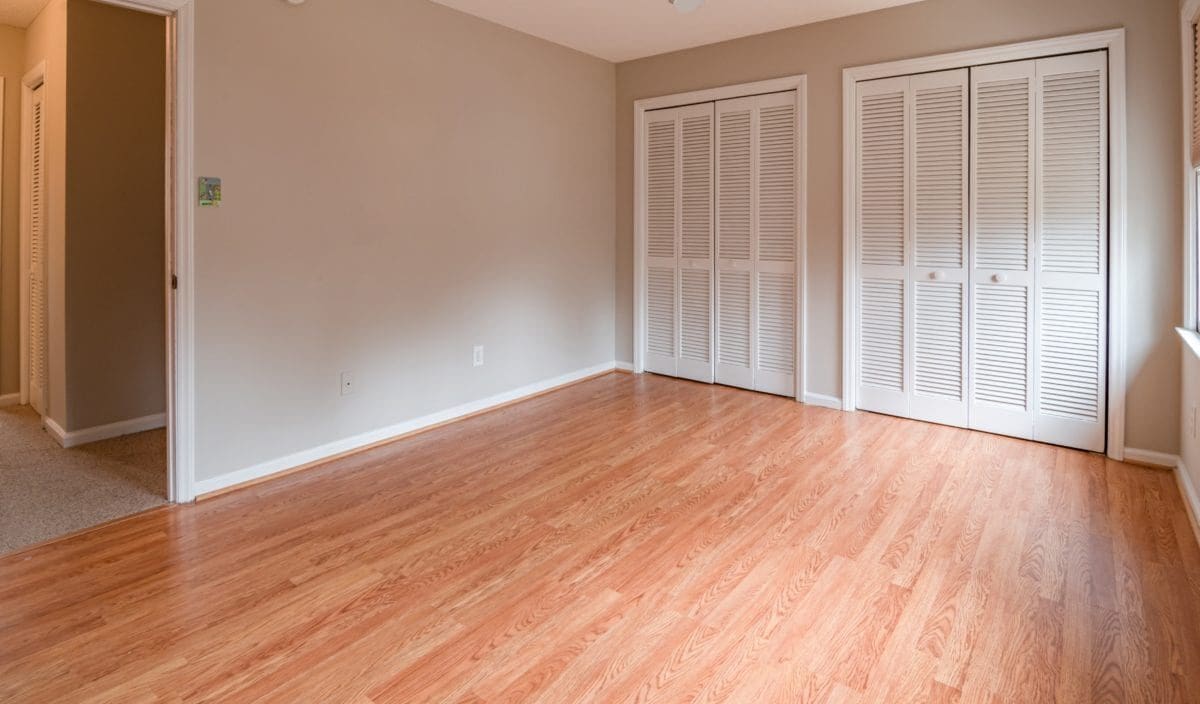
No landlord welcomes void periods, for the simple reason that they are not receiving any rental income if their property is lying empty with no tenants. And, as if that wasn’t bad enough, they will still have the electric, gas, garden maintenance, insurance and the council tax to pay.
Of course, if they’ve planned for a ‘void month’ to install a new kitchen or extensively redecorate etc, then that’s a different story, but on the whole, void periods are anathema to landlords. So, if they’re that awful, how do you prevent them in the normal course of things? Well, here are 5 tips to help you eliminate void periods in your HMO:
Respond to repairs asap
If there’s a broken toaster, a door that won’t close properly or the fridge is on the blink then get it fixed as soon as you reasonably can. If your tenants feel you care about them then they’re likely to be more favourably disposed towards you. After all, how would you like to live without a fridge for a couple of days? Just put yourself in their shoes and do what your landlord would like to do.
Offer long-term leases
It can become exhausting for tenants wondering whether or not their lease is going to be extended at the end of six months or they’ll have to move on again. By giving them at least a year (or even two) you take that worry away, for both sides. It means you won’t have to worry about finding a replacement tenant in six months if your tenant had willingly decided to move on.
Set a decent rent
Research the market rate for the location and specifics of your HMO. If your accommodation is more expensive than the others then you’ll have to show why. Do the rooms have en-suite provision, for instance? Many professional tenants are now looking for this in upmarket HMO accommodation, together with modern appliances and a good standard of décor throughout.
Be flexible
Does your tenant/s want to have a pet? If so, why not agree? Actually, the legislation recently changed on this score and the default position is for tenants to have a pet. As a landlord who refuses, you have to come up with a good reason why. Your tenants might also want to keep their bikes in the hallway or their own rooms, rather than in the bike rack outside. As long as they’re careful, why not let them? Little things like this can make or break a tenancy by causing your tenants to be resentful if you continually put your foot down.
Choose the right tenants
If you have a pretty big HMO (ie with four or more rooms) and you’re renting them out to separate individuals rather than a group of friends, then choose carefully. A fall out with flatmates is a common reason for someone moving on. And, while we’re talking about new tenants, always make sure you do your tenant referencing. It doesn’t take long and you’ll know right from the start if a tenant is being truthful and can afford the rent.
Of course, as a landlord you can never completely avoid ‘void’ periods; people do move on naturally, for various reasons. But, by concentrating on the above, you can reduce those income-free periods to a minimum.
Get in Touch!
At Sourced Franchise, we can help you eliminate void periods with guidance from our support person who have extensive experience in managing HMOs. Once you become a franchisee, we will assign you to a dedicated support person who will provide you with ongoing support and tell you everything you need to know about locations, markets, rental prices and how to find tenants. Download our Sourced Franchise prospectus now, to find out how to build and grow a successful HMO portfolio.



